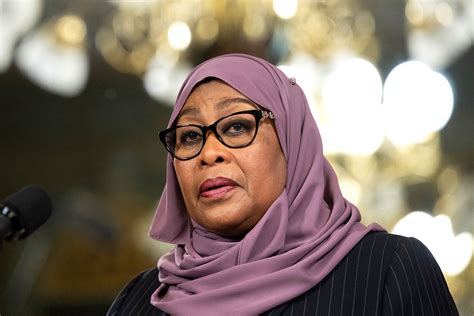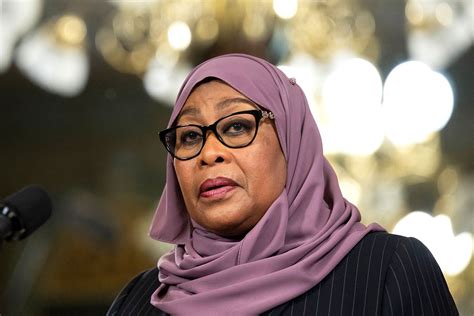Listeners in Northern Nigeria were left reeling when the familiar Voice Of America (VOA) Hausa radio service abruptly ceased its transmissions. This unexpected development was a direct consequence of an executive order issued by US President Donald Trump, which sent shockwaves through the media landscape.
The ripple effects of this decision were deeply felt by the 1,300 journalists and staff members associated with VOA, who found themselves on administrative leave following the order. The VOA, known for its extensive global reach and commitment to providing news and commentary to millions worldwide, suddenly went silent in Nigeria.
In a region where access to reliable information is crucial, the absence of VOA Hausa left a void that many listeners scrambled to fill with alternative sources. For Hussaini Lawal, a regular listener, the abrupt halt in transmissions was a jarring experience. Recalling that fateful day when he tuned in at his usual time only to be met with silence, Lawal remarked with disappointment,
“It had never happened before.”
As listeners like Lawal navigated this sudden change in their media consumption habits, they found themselves seeking solace in other local and international stations for their daily news fix. The once vibrant airwaves that resonated with VOA’s programming fell eerily quiet as uncertainty loomed over the future of this beloved radio service.
Amidst these shifting dynamics, individuals like Zainab Mohammed pondered the broader implications of President Trump’s decision and urged for self-reliance in building a robust domestic media landscape. Reflecting on the need to prioritize indigenous news outlets over foreign broadcasts, Mohammed expressed both nostalgia for VOA Hausa and optimism about embracing homegrown journalism.
For Musa Ayuba, a devoted listener for over three decades, the closure of VOA highlighted the changing media landscape in Nigeria. With confidence in local stations’ ability to compete with international giants like VOA, Ayuba emphasized the resilience and quality of homegrown reporting that could now take center stage.
While loyal listeners grappled with this abrupt disruption, voices like Tukur Zubar echoed sentiments of disappointment tinged with hope for local media outlets to step up and fill the void left by VOA’s absence. Recognizing platforms such as Premium Times Hausa and Freedom Radio as pillars of reliable news dissemination within Nigeria’s borders.
Beyond its radio broadcasts lay VOA Hausa’s digital footprint—an online platform that catered to younger audiences hungry for information and insights. As updates ceased on its website post-executive order announcement date; avid followers turned towards social media channels for snippets from erstwhile hosts who had been rendered inactive overnight.
Journalists associated with VOA Hausa voiced their struggles amidst uncertain times as funding cuts threatened not just their livelihoods but also their journalistic pursuits. Jubrin recounted past instances where their credibility was questioned during Nigeria’s turbulent military era while Alhassan Bala reminisced about impactful stories that defined solutions-based journalism at VOA.
Delving into history unveiled how Voice Of America (VOA) emerged during World War II against Nazi propaganda before evolving into a Cold War tool amid tensions between Russia and Soviet Union forces—a narrative that underscored its dual identity as both propagandist instrumentality & journalistic endeavor balancing act commended yet critiqued by many quarters.
Established on 21 January 1979 within West Africa’s linguistic tapestry spoke one prominent voice— VOAs’ dedicated Hausa Service reaching nearly sixteen million weekly audiences through diverse programme offerings ranging from news bulletins & engaging interviews till long-form features highlighting critical issues affecting regional societies at large—a legacy threatened yet enduring amidst contemporary challenges facing broadcast journalism globally.









Leave feedback about this